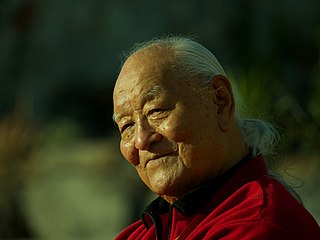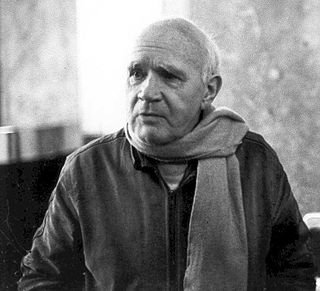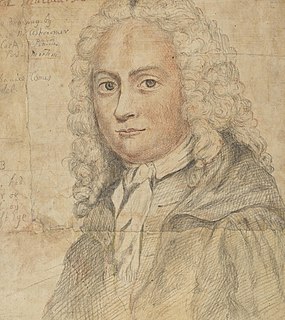A Quote by Tsung-Dao Lee
The progress of science has always been the result of a close interplay between our concepts of the universe and our observations on nature. The former can only evolve out of the latter and yet the latter is also conditioned greatly by the former. Thus in our exploration of nature, the interplay between our concepts and our observations may sometimes lead to totally unexpected aspects among already familiar phenomena.
Related Quotes
Duality is the real root of our suffering and of all our conflicts. All our concepts and beliefs, no matter how profound they may seem, are like nets which trap us in dualism. When we discover our limits we have to try to overcome them, untying ourselves from whatever type of religious, political, or social conviction may contain us. We have to abandon such concepts as 'enlightenment', 'the nature of the mind', and so on, until we no longer neglect to integrate our knowledge with our actual existence.
The sensual and spiritual are linked together by a mysterious bond, sensed by our emotions, though hidden from our eyes. To this double nature of the visible and invisible world - to the profound longing for the latter, coupled with the feeling of the sweet necessity for the former, we owe all sound and logical systems of philosophy, truly based on the immutable principles of our nature, just as from the same source arise the most senseless enthusiasms.
The experimentalists think that we can only get at our concepts by way of empirical investigation, while the armchair philosophers think that we can skip the experiments and figure things out from our armchairs. What they have in common, however, is regarding our concepts as the targets of philosophical theorising, and I just don't think that, in the vast majority of cases, the subject matter of philosophy has our concepts as its target.
It is not therefore the business of philosophy, in our present situation in the universe, to attempt to take in at once, in one view, the whole scheme of nature; but to extend, with great care and circumspection, our knowledge, by just steps, from sensible things, as far as our observations or reasonings from them will carry us, in our enquiries concerning either the greater motions and operations of nature, or her more subtile and hidden works. In this way Sir Isaac Newton proceeded in his discoveries.


































